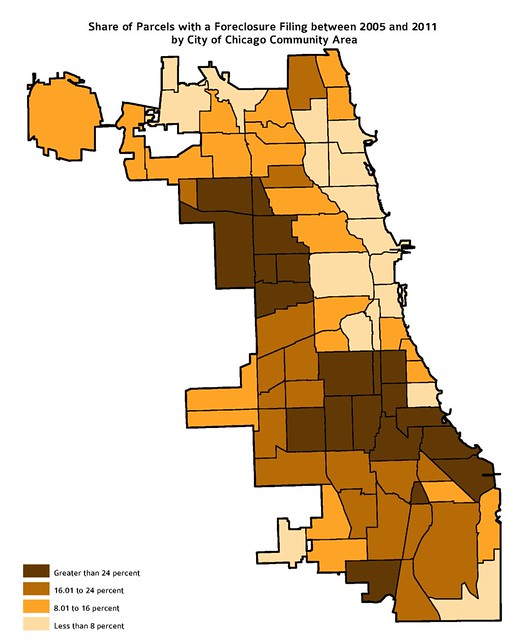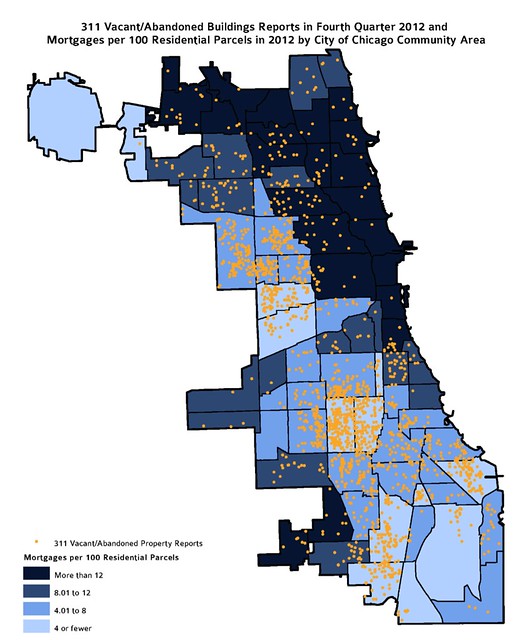Derek Eder, Eric van Zanten, and Juan-Pablo Valez recently launched Chicago’s OpenGov Hack Night website, a great resource for some of the events, projects, and people that make up the thriving civic technology scene in Chicago. Here’s a look at what the site does:

Home Page
The home page gives an overview of Open Gov Hack Night (“Come join a group of passionate folks working at the intersection of open government, cities, and technology. This is an evening of civic tech hacking, learning, and hanging.”) . It also has info on how the nights are run, sponsors, their monthly joint event with Data Potluck. They also link to similar events in other cities, some of which are simply simpatico (like those held in London by opengov pioneer MySociety) and some in the Code for America Brigade family that are completely inspired by the Open Gov Hack Night model pioneered here in Chicago.
One of the great things about the event is that it is held every week at the same time and the same place– 6PM on Tuesdays in the IMSA Classroom of 1871 on the 12th floor of the the Merchandise Mart. The format is also the same every week (intros, presentation, projects, and then hack). These reliable patterns has helped make the events popular, fun, and productive.
The three mainstays of Open Gov Hack Night are Derek Eder, Juan-Pablo Velez (two thirds of the leadership of Open City Apps and the creators of the event) and Christopher Whitaker, who leads an onboarding session called Civic Hacking 101. Christopher also livestreams each session and writes up a blog post in his capacity as a consultant for Smart Chicago.
Events Page
The event page has a brief description of recent hack nights as pulled from the Mthe emails they’ve sent out via Mailchimp and edited to include info on sponsors, links to blog posts, and so on. The first event held at 1871 was on May 17, 2012, when Derek first set up his consultancy, DataMade, in one of the Smart Chicago seat at 1871. Prior to being founding tenants of 1871, we made the following callout:
We have two reserved seats at 1871 and we seek to fill them with small companies, civic leaders, and community members who are interested in building software using city, county, and state data to improve lives and build businesses.
*
If you’re interested, complete this simple form to initiate the process. We expect to be in the space on May 1, 2012, and we’ll manage the schedule for our two seats with a Google calendar.
Derek has put that seat to great use in moving Open Gov Hack Night to 1871 shortly after he moved in. He and DataMade have their own spaces at 1871 now and we house other civic innovators there in the six seats we maintain. We’re really happy to have played a small role in the success of this event.
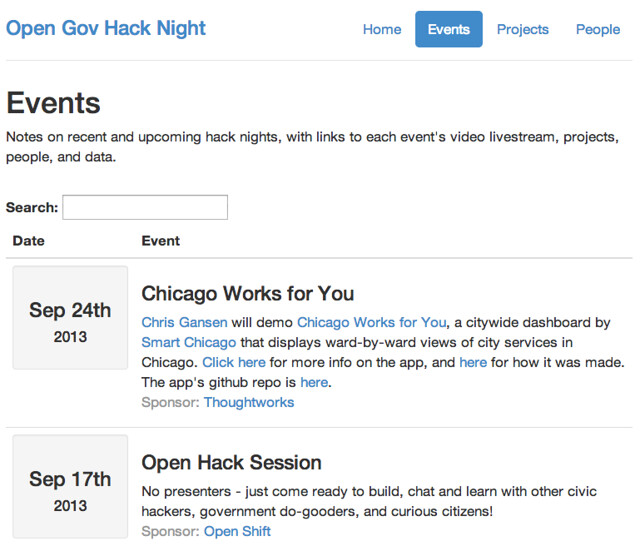
Projects Page
The Projects page is a great new way for civic innovators to find out what’s going on with projects and see what code is hot.
The uses a Civic JSON Worker that uses the GitHub API to glean information from the project’s repository. The site automatically updates the gallery as the project continues to progress. The only thing a user needs to do to contribute a project to the gallery is to copy and paste the link to the project’s GitHub page. The Civic JSON worker does all the rest!
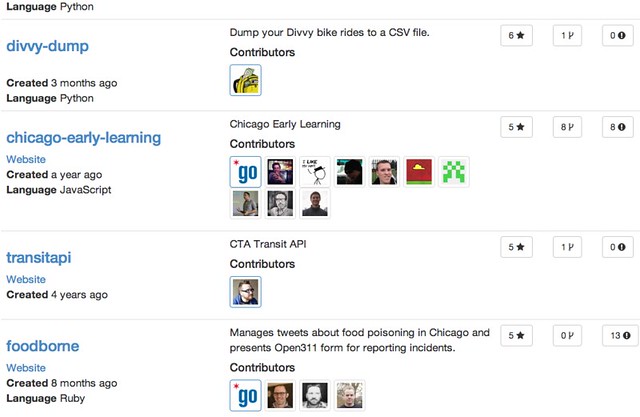
People Page
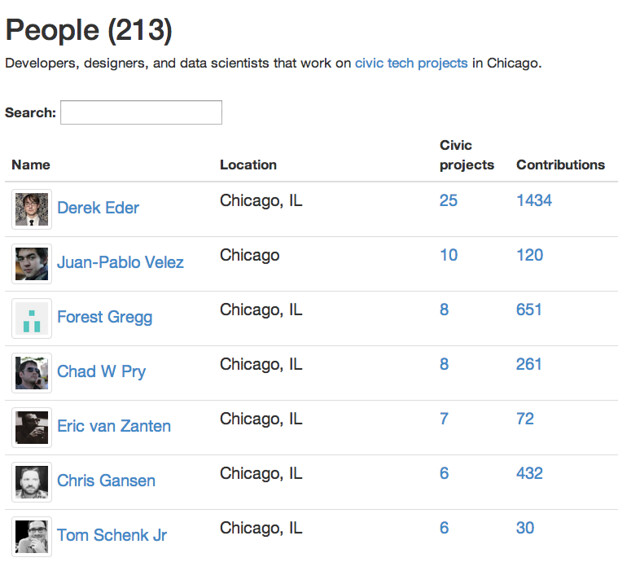
The most important aspect of the new service is that the site instantly connects you to the people behind the projects. This information from the projects is aggregated into a People tab that shows how many GitHub commits that an individual developer has contributed to Chicago civic apps. While the score isn’t that important, what is important is that community members from civic organizations who are interested in civic innovation can now directly connect with the people in the movement.
This app is also open sourced and can be used by other civic hacking communities as well. (Pull Requests Welcome!)
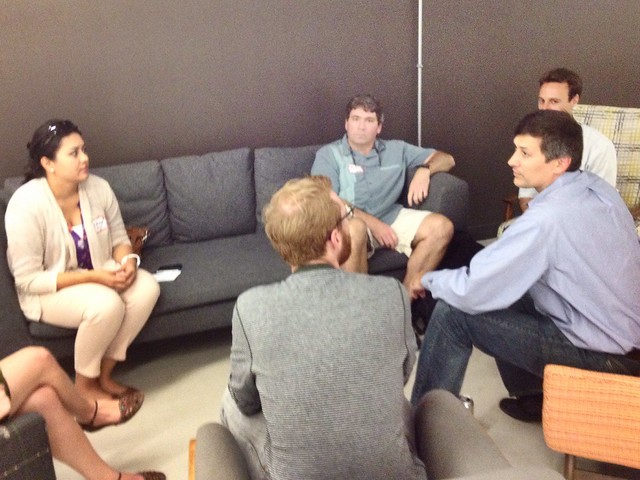

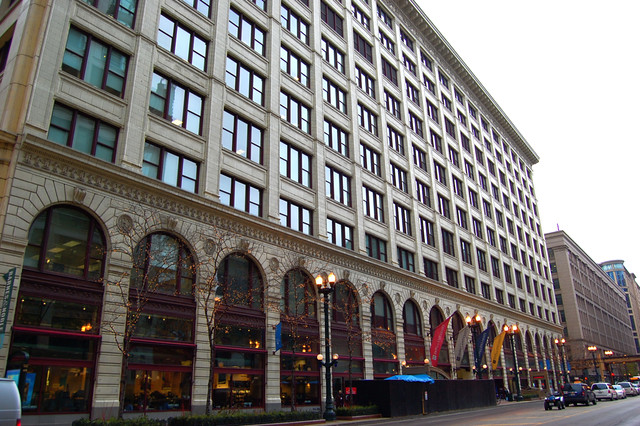 Photo: Alex Rodgers/Creative Commons
Photo: Alex Rodgers/Creative Commons